Microsoft aims to woo developers to Windows Phone with iOS porting tool
Jean-Cristophe Cimetiere, Microsoft's Senior Technical Evangelist for Interoperability, unveiled the porting tool in a post to the Windows Team blog last week. The tool comes as part of a interoperability package designed to help iOS developers "leverage [their] iPhone development expertise to build Windows Phone 7 applications."
In addition to the API mapping tool, the package includes a 90+ page guide to Windows Phone 7 for iPhone developers, a series of "developer stories," in which developers share their experiences porting iPhone apps to Windows Phone, and "a compilation of the key resources" needed to get started.
Cimetiere compared the API mapping tool to a "translation dictionary" that meets basic communication needs for tourists on a vacation to France.
"With this tool, iPhone developers can grab their apps, pick out the iOS API calls, and quickly look up the equivalent classes, methods and notification events in WP7," he wrote.
According to Cimetiere, using the tool to search for a given API call will provide the "equivalent WP7 along with C# sample codes and API documentations for both platforms. The code samples allow developers to quickly migrate short blobs of iOS code to the equivalent C# code."
Not every API call is covered by the tool, however. For the time being, Microsoft has chosen to focus on the following categories: Network / Internet, User Interface and Data Management.
Currently, the tool is limited to one-to-one mapping, but following versions will expand in scope to provide "appropriate guidance" for similar concepts. Developers are encouraged to provide feedback and suggest new mapping tools.
Cimetiere also noted that a similar tool is being planned for porting applications from Google Android.
Microsoft has invested substantial resources in drumming up support for Windows Phone 7, which has struggled to gain traction since it launched last fall. Last year, iOS developers reported that the Redmond, Wash., software giant had offered them upfront cash to port their games to Windows Phone 7.
Some Windows Phone 7 developers expressed doubts last year about the platform's future, voicing concerns whether sales figures would generate enough revenue to offset development costs. Microsoft revealed last month that of the 36,000 registered developers for the platform, only 40 percent have already published an app.
Apple recently surpassed Microsoft in terms of quarterly sales and profits for the first time in twenty years. While the Windows giant has been unable to repeat its success with the PC in the burgeoning mobile space, Apple has enjoyed astronomic growth, largely due to profits from the iPhone and iPad.
 Josh Ong
Josh Ong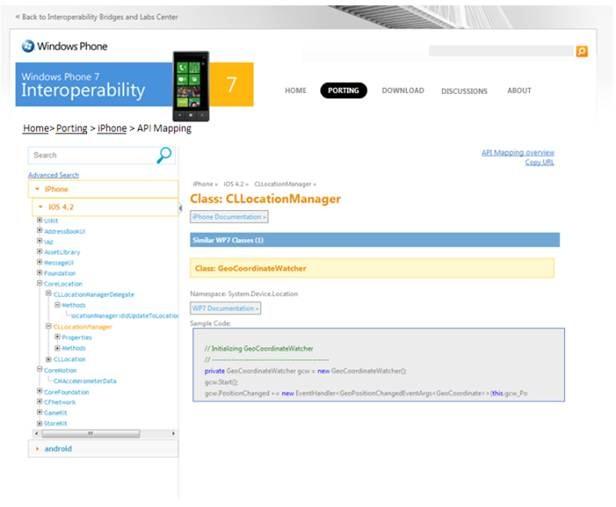


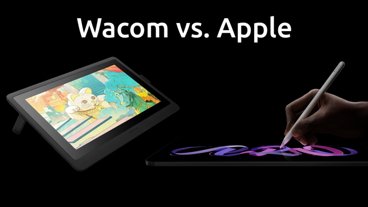
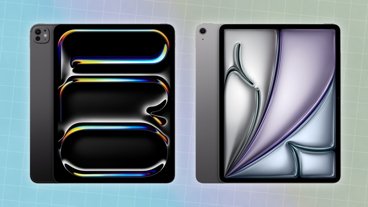
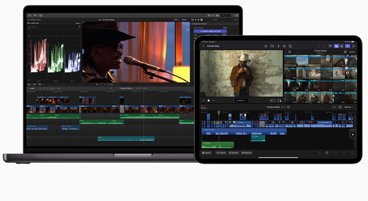
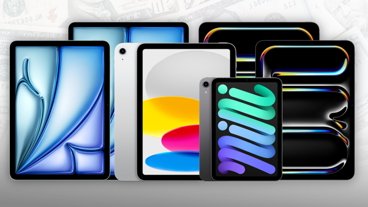







 Malcolm Owen
Malcolm Owen
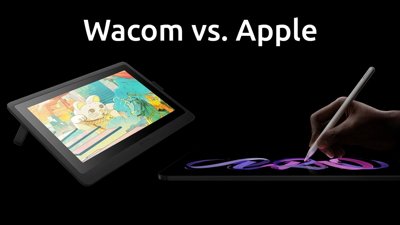
 Amber Neely
Amber Neely
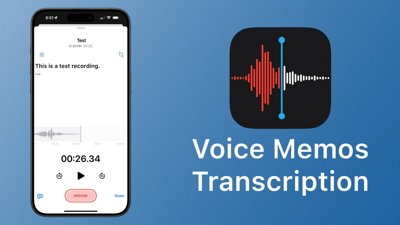
 Marko Zivkovic
Marko Zivkovic
 David Schloss
David Schloss
 Wesley Hilliard
Wesley Hilliard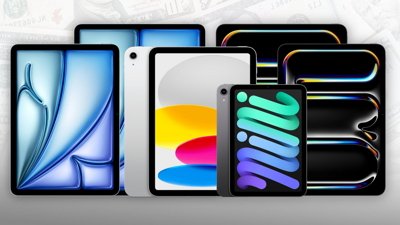
 Mike Wuerthele and Malcolm Owen
Mike Wuerthele and Malcolm Owen









40 Comments
I... Microsoft revealed last month that of the 36,000 registered developers for the platform, only 40 percent have yet to publish an app. ...
What?
There are 14,400 apps for Windows Phone 7?
or 15,600?
What?
There are 14,400 apps for Windows Phone 7?
or 15,600?
40% of 36,000 = 14,400 developers, not apps. Lets keep the correct units when doing our mathematical equations here. If WP7 has reported more than 14,400 apps, then it would suggest some developers have published more than one app.
What?
There are 14,400 apps for Windows Phone 7?
or 15,600?
40% of 36,000 = 14,400 developers, not apps. Lets keep the correct units when doing our mathematical equations here. If WP7 has reported more than 14,400 apps, then it would suggest some developers have published more than one app.
Actually you're both misreading the sentence.
40% of registered developers have yet to release an app (to use Apple's word ), meaning that 60% have. That's 21,600 (assuming one program (to use Microsoft's word! lol) per developer as you've stated).
All this looks a little desperate from Microsoft but to be fair it does make sense for them. What I think will stand in their was is the way they cut their developers loose with WP6.5. There's little incentive to trust them again at the moment.
It's a useful web tool, but I dunno. I guess they are serious about helping iOS developers cross over. Back in the day, Microsoft half-heartedly supported OpenGL to get developers who developed mostly for SGI to port their visualization packages (such as Maya) to Windows NT. It worked. Microsoft never really cared for OpenGL, after they vanquished SGI. (Ironically, PCs have really good OpenGL implementations thanks to id Software's games and the support they got from nvidia & ATI in the form of drivers.)
I love the smell of porting tools in the morning. You know, one time we had a whole app ecosystem, for 3 years. When it was all over, I walked up. We didn't find one of em, not one stinkin' C# developer. The smell, you know that iOS smell, the whole hill. Smelled like... victory.
Wow. What a desperate measure. It's not that they're offering something better to work towards, but they'll try and wrap some APIs. Ugh.